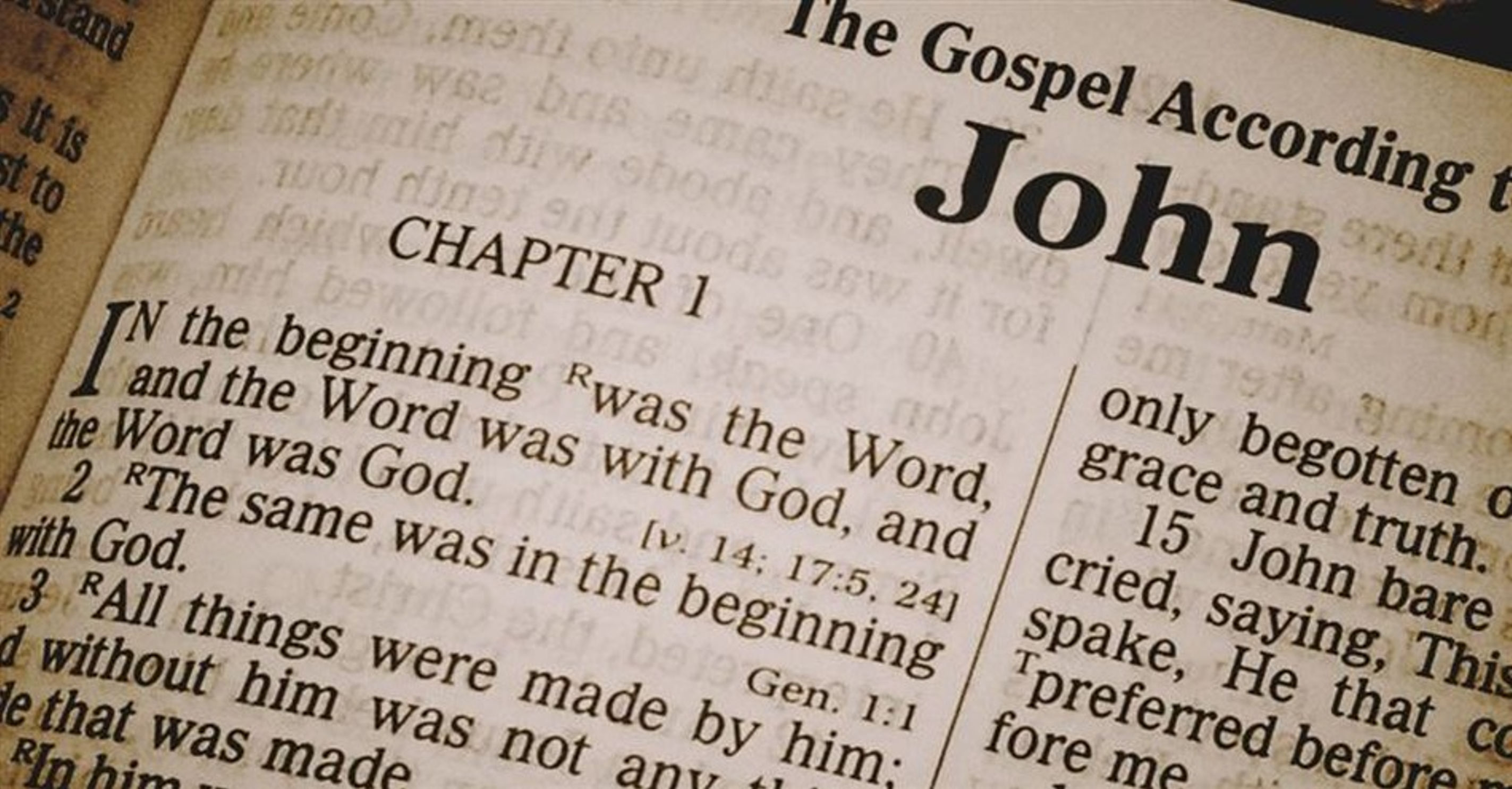Witnessing To An Iglesia Ni Cristo Using John 1:1

The Iglesia ni Cristo people are known to be united in doing medical missions, tree planting, and other humanitarian causes. However, they are also notable as the most difficult to witness concerning the gospel of Jesus Christ. This is probably due to their strict indoctrination process for twenty-five meetings that become so deeply embedded in their psyche. This is why engaging with them involves prayer, patience, and self-control. Allow me to help you dialogue with this religious cult group using verse one in the first chapter of John’s gospel.
Christian: Do you believe Jesus Christ is God?
INC: No. He is a man not God based from His very own testimony.
Christian: What can you say about the “Word” being God in John 1:1?
INC: The “Word” in that verse is not a distinct person but rather an idea, a concept, or a plan.
Christian: How did you know those are the right understanding for the term “Word”?
INC: Well, we have some ministers who studied the Greek language.
Christian: Are they Greek scholars?
INC: Not really.
Christian: So how do you know their interpretation of the term “Word” in the Greek language is correct? Are you aware that the INC has no Greek scholars to back up their interpretation of John 1:1, but what they use are the very academic books written by many Trinitarian Greek scholars who disagree with their interpretation?
INC: Hmmm… I haven’t thought about that.
Christian: I understand that you are not to be blamed for this kind of interpretation. However, let us try to proceed in understanding that passage. If the Word as you said is not a distinct person but rather an impersonal idea, concept, or plan in the mind of the Father before anything happened then why does the second clause say, “and the Word was with God?”
INC: It means the idea, concept, or plan is already with Him.
Christian: Do you really want to believe that you can say grammatically, “My idea, plan, or concept is with me.” Isn’t that a bit absurd? It will sound logically right if you say “I have an idea, a plan, or a concept.” Does this make sense to you?
INC: You have a point there. So what do you think is the right understanding of the second clause?
Christian: Before we understand the second clause, let me first explain the first clause which says, “In the beginning was the Word.” The word “beginning” came from the Greek word “arche”(beginning) from which derived the word “architect.” This is also the Greek word used in Genesis 1:1 of the Septuagint, the Greek translation of the Old Testament, which states, “In the beginning (arche) God…” If the word “arche” means the “Word” has a literal beginning then this kind of understanding needs also to be rendered in Genesis 1:1 which will surely be ridiculous, nonsensical, or illogical.
INC: You have a point. What about in clause two?
Christian: The word “with” in the Greek is “pros” which means “towards, or face to face” giving us an idea of distinction. This is not to mention the definite article “the” (Greek ho, ton) which are each connected to the Greek terms “logos” and “theon.” If you will read that in the Greek it will be in this order: en arche en ho logos kai ho logos en logos en pros ton theon (εν αρχη ην ο λογος και ο λογος ην προς τον θεον ) which transliterally means, “in beginning is the Logos and the Logos is with the God.” The definite article “the” puts distinction on the Logos and the God (the Father). It is like saying, “and the Logos is face to face (towards) the God.” If the Word is just “an idea, a plan, or a concept” do you think the apostle John would bother placing the Greek word “ho” and “ton” reading it as “ho Logos” and “ton Theon”? I don’t think so.
INC: And if the Logos mentioned is just an impersonal idea, plan, or concept, why is it facing towards the God (the Father). It doesn’t make sense unless we understood the Word to be a distinct person none other than Jesus Christ who is with the Father. Am I right?
Christian: You’re correct! It sounds like you’re getting it already.
INC: Am I?
Christian: Yes. In fact, the apostle John made it clear that the one who is with the Father is none other than the preexistent Christ. It says, “That which was from the beginning, which we have heard, which we have seen with our eyes, which we looked upon and have touched with our hands, concerning the word of life— the life was made manifest, and we have seen it, and testify to it and proclaim to you the eternal life, which was with the Father and was made manifest to us—” (1 John 1:1-2)
INC: Wow! How come I haven’t seen this before?
Christian: We can continue talking about the third clause next time so I can show you why Jesus is who He claims to be God in human flesh. By the way, are you open to do a One2One discipleship with me? We can study further about Salvation and Lordship through this booklet. Are you available this week?
INC: Seems interesting. Sure. I will find time for this. Thank you!
Christian: Thank you also! I will call you tomorrow. God bless you!
You must be logged in to post a comment